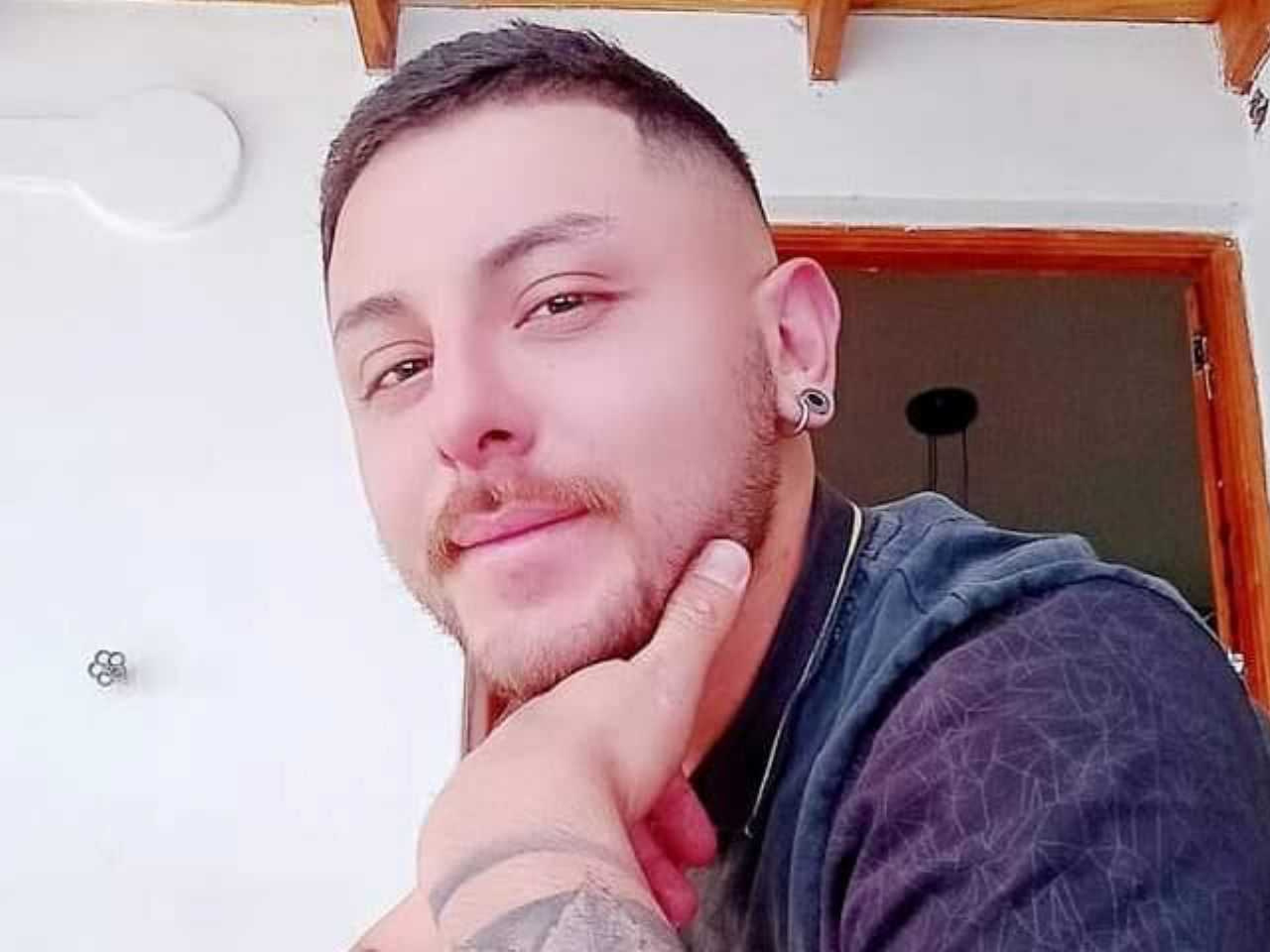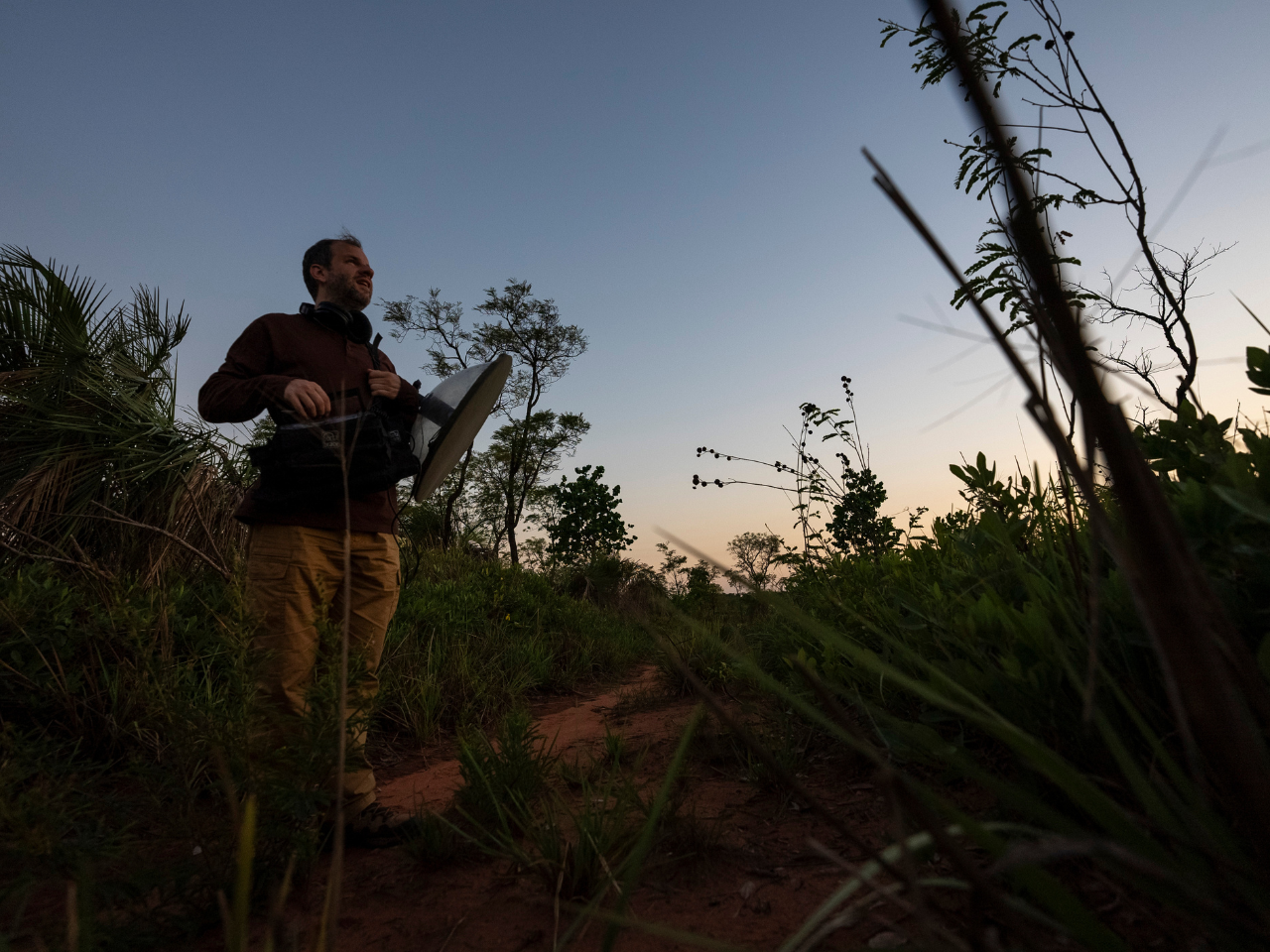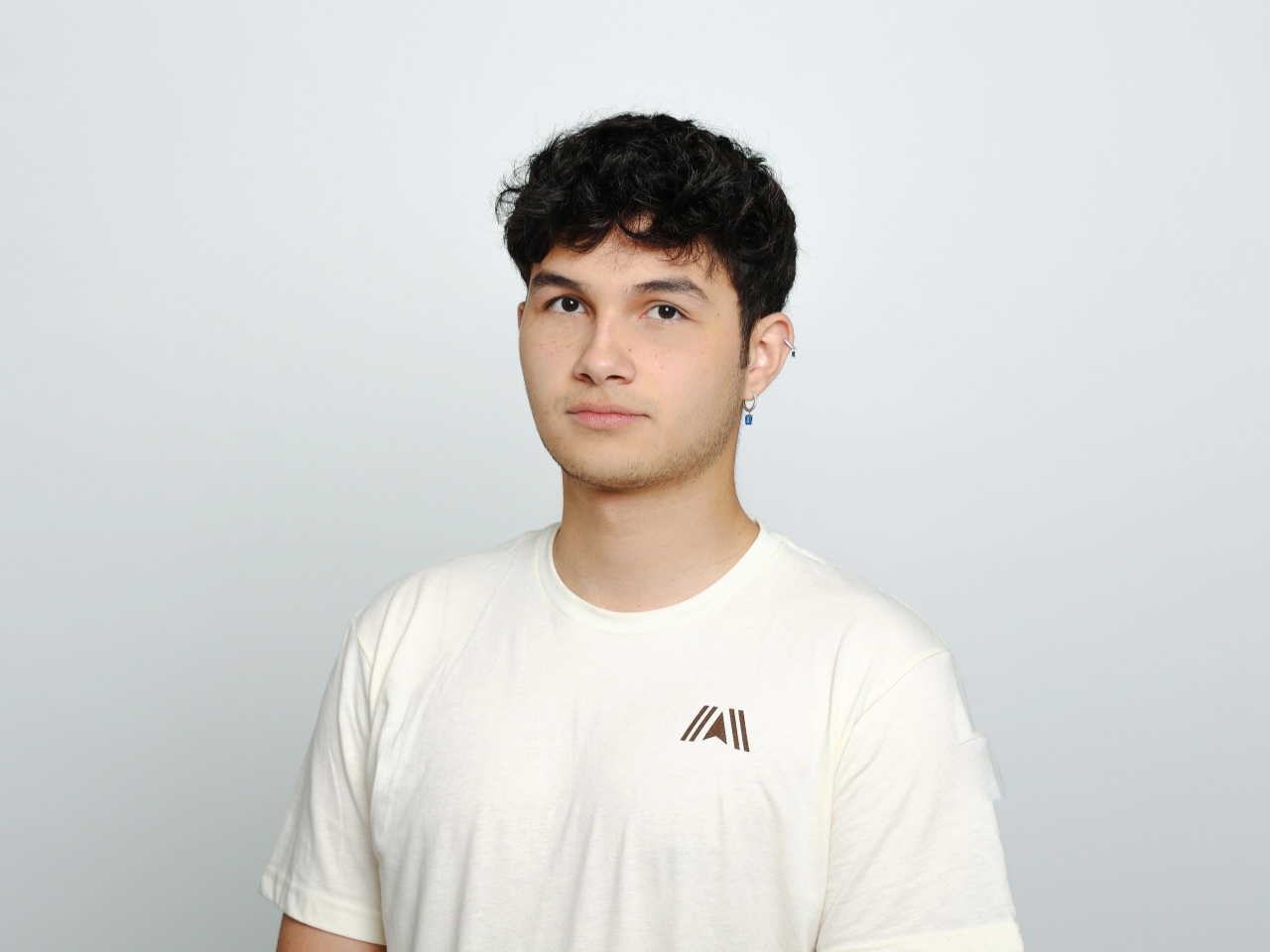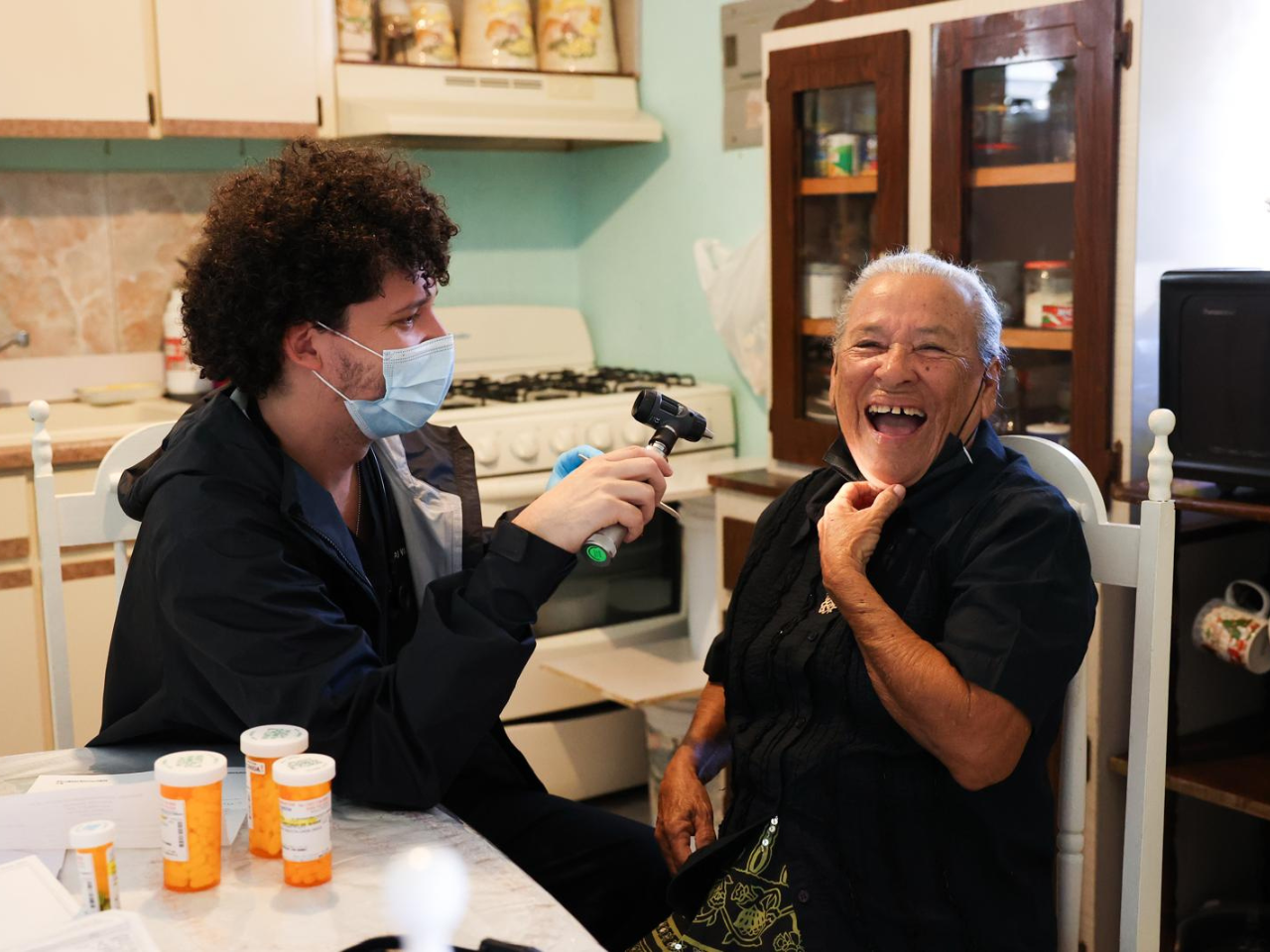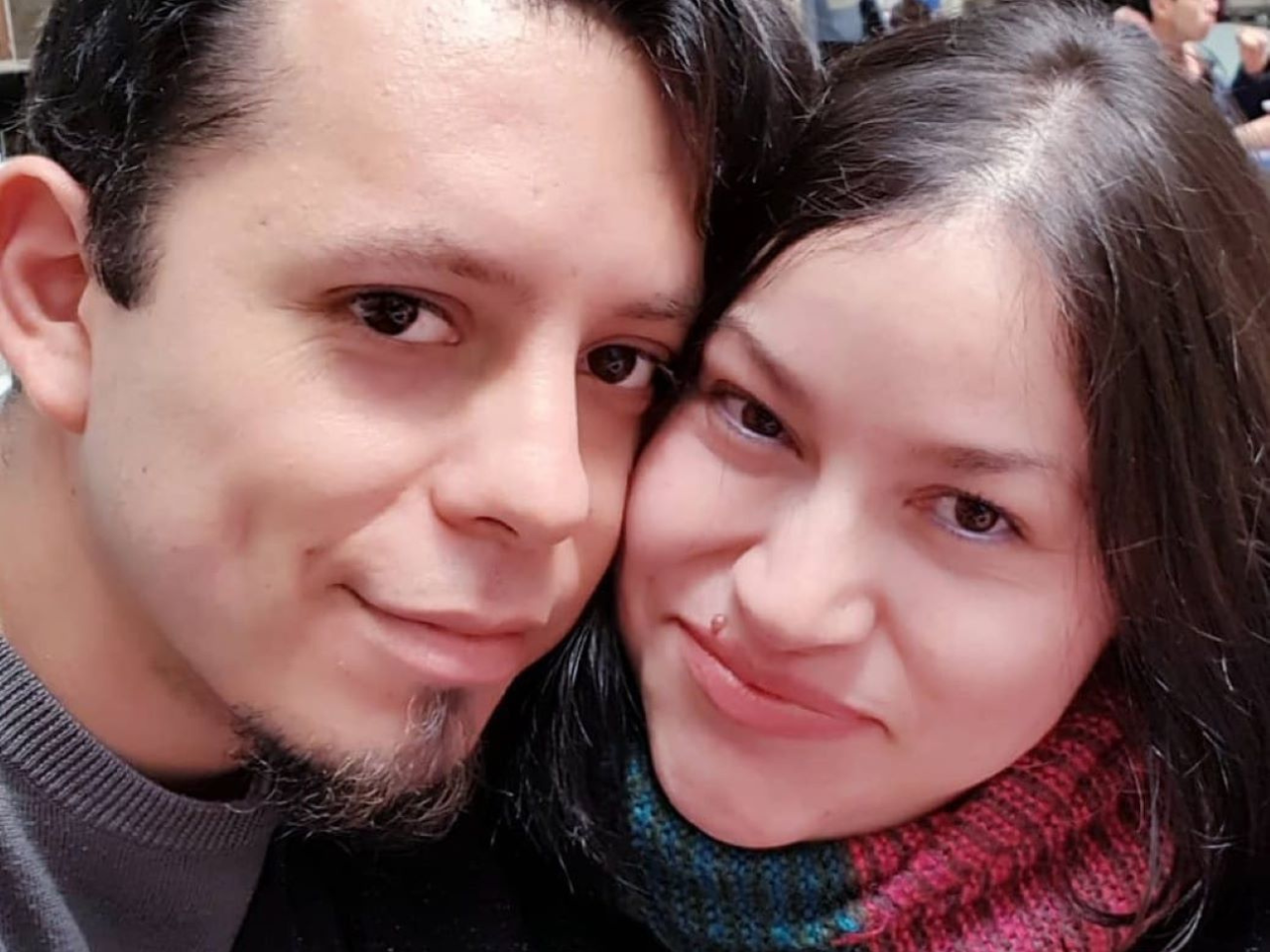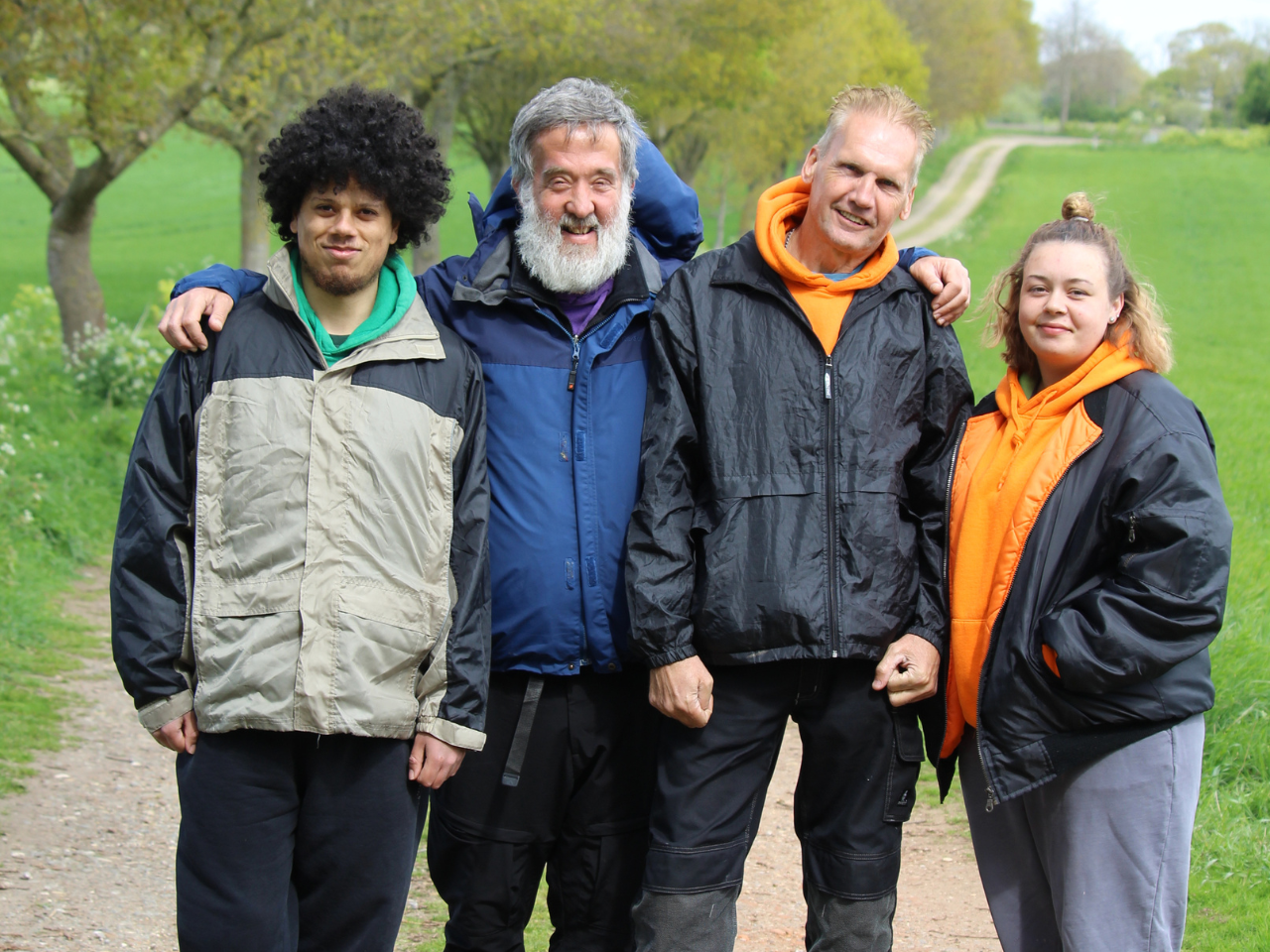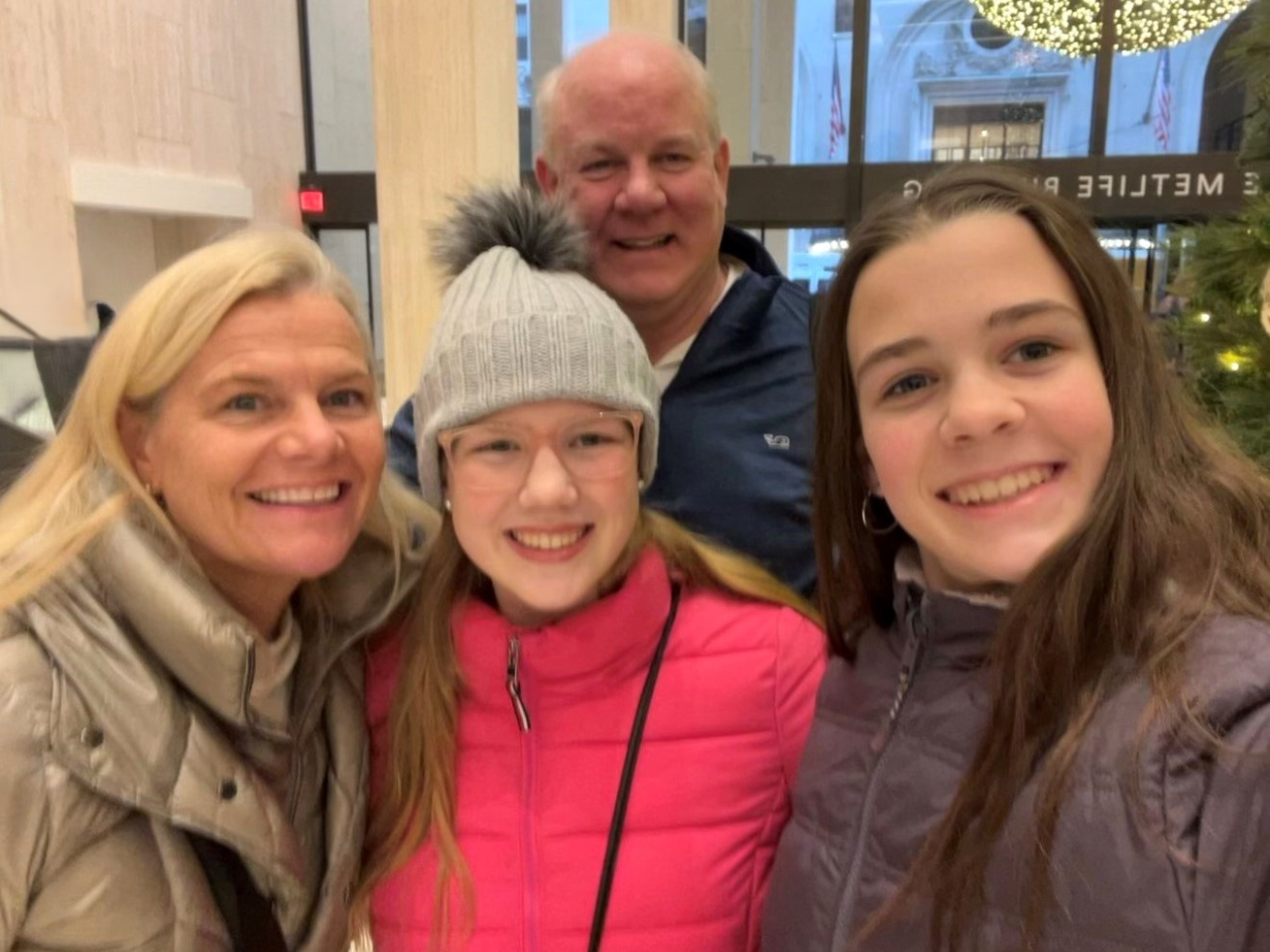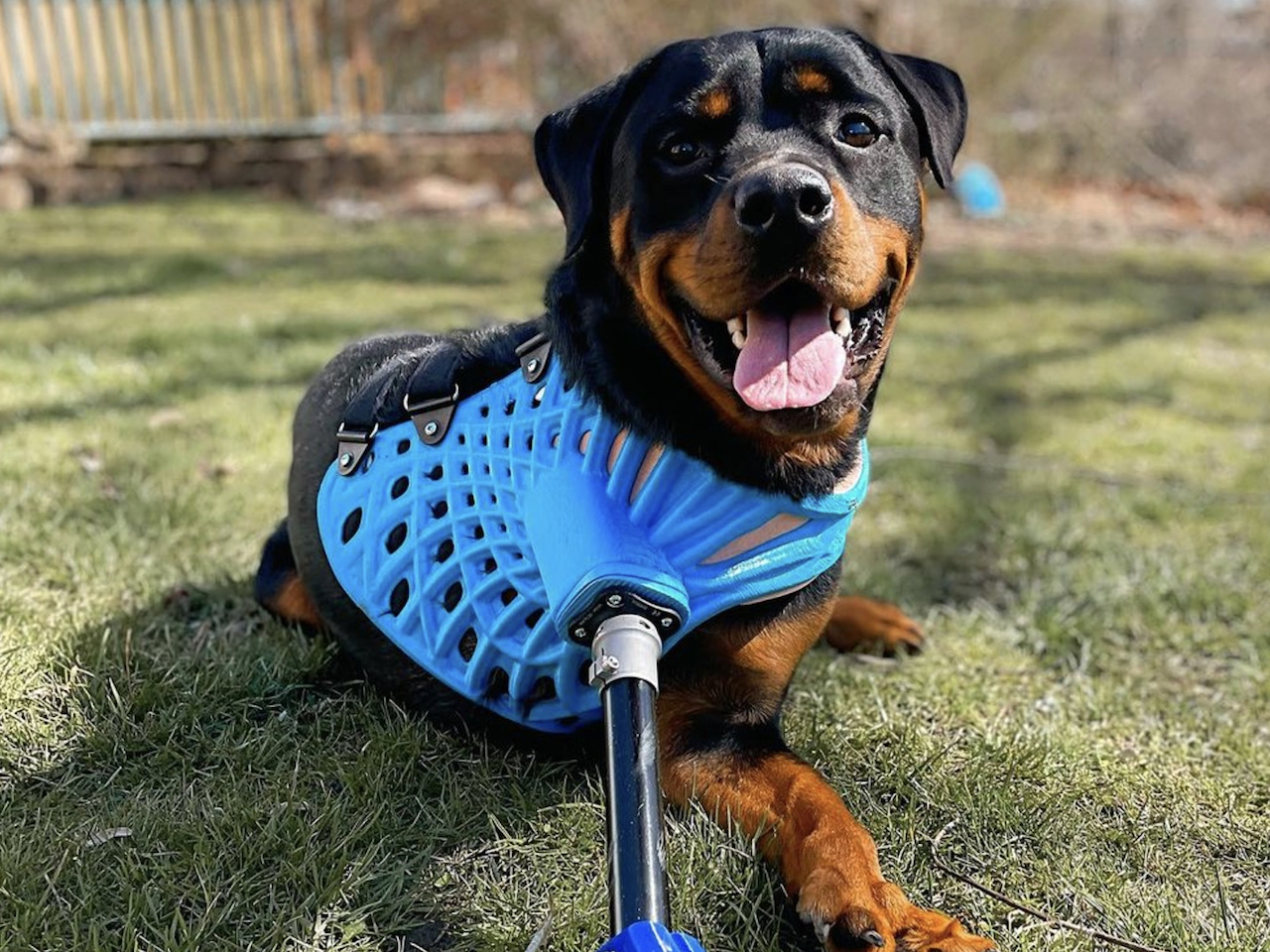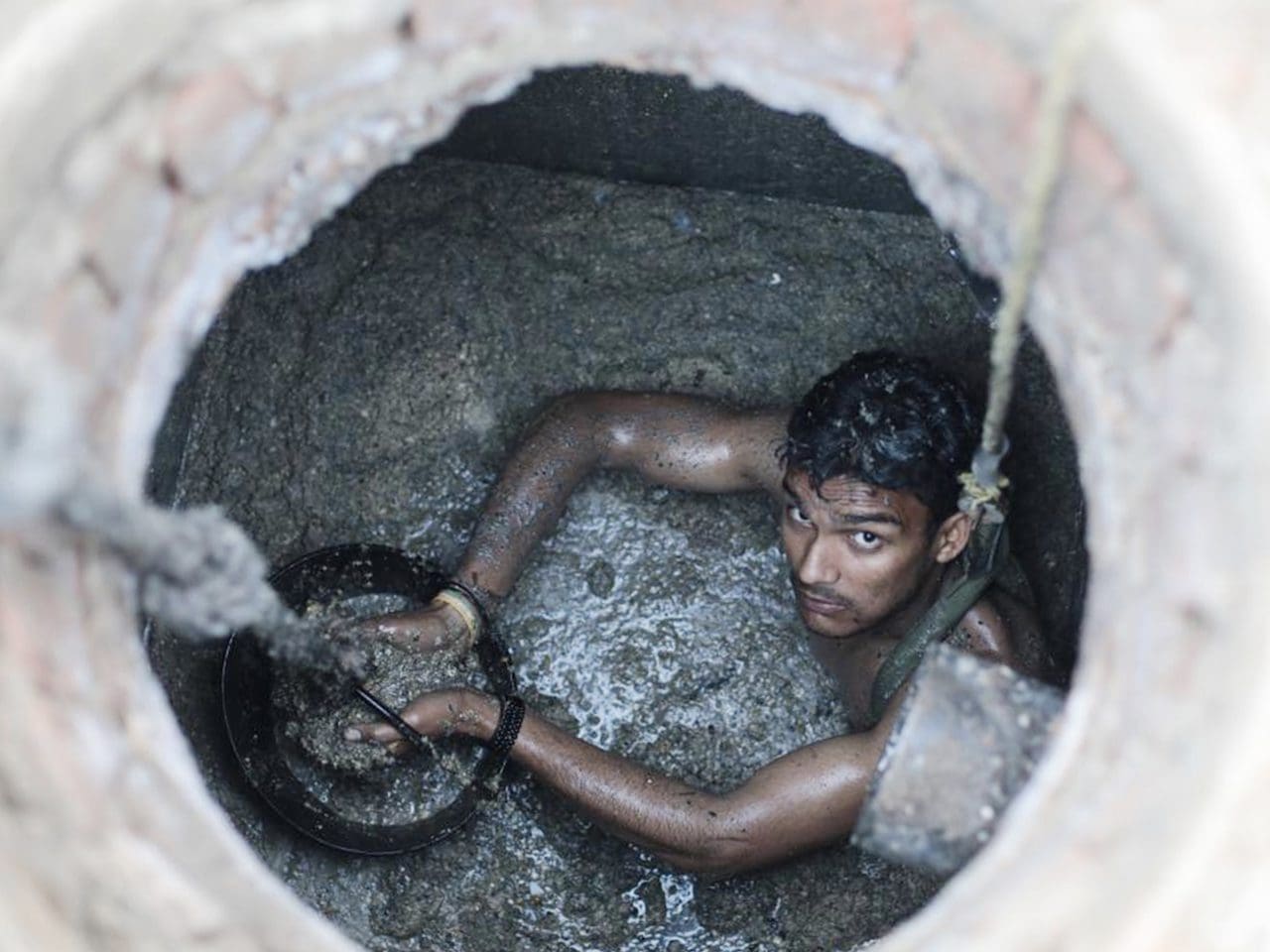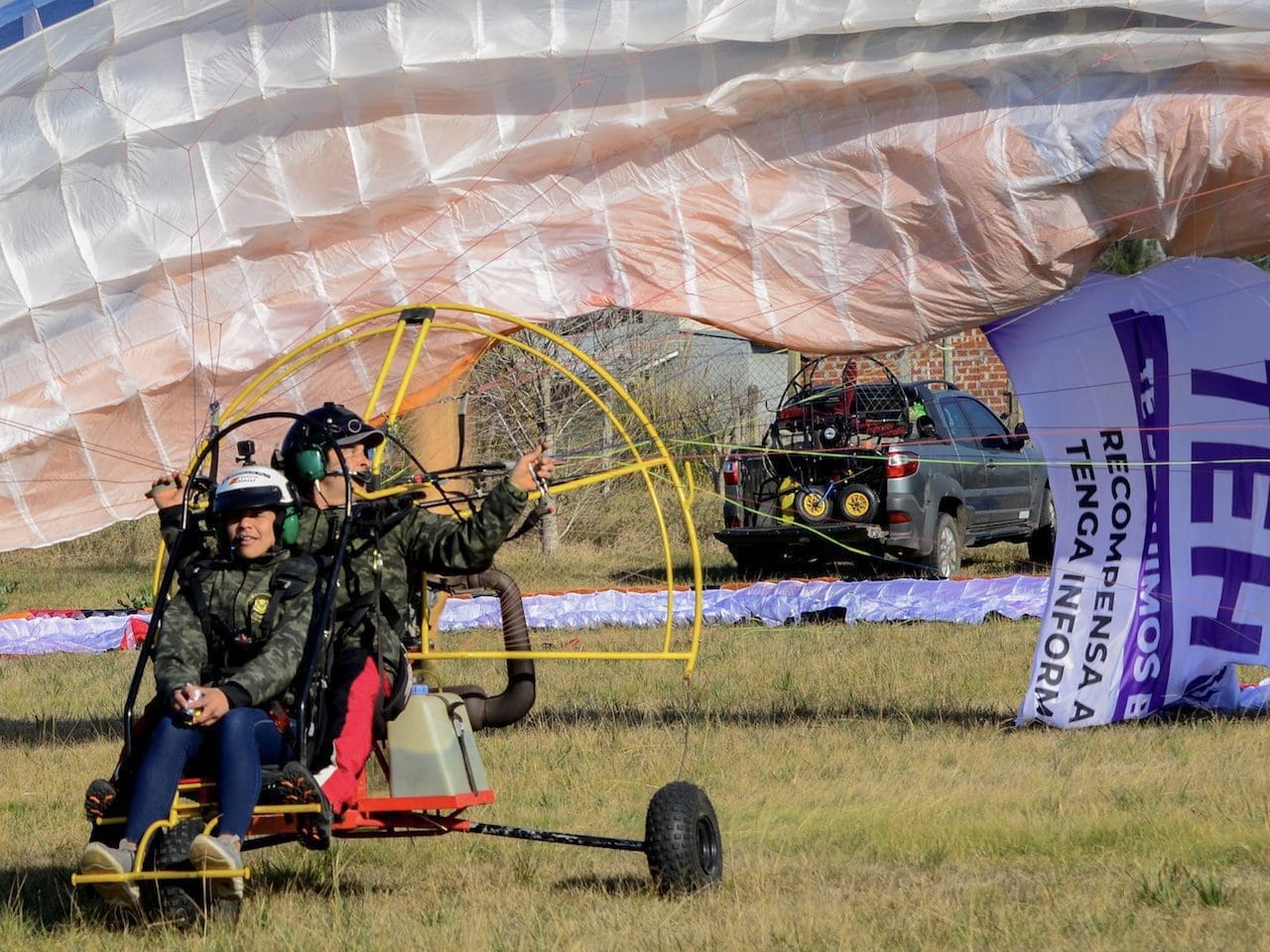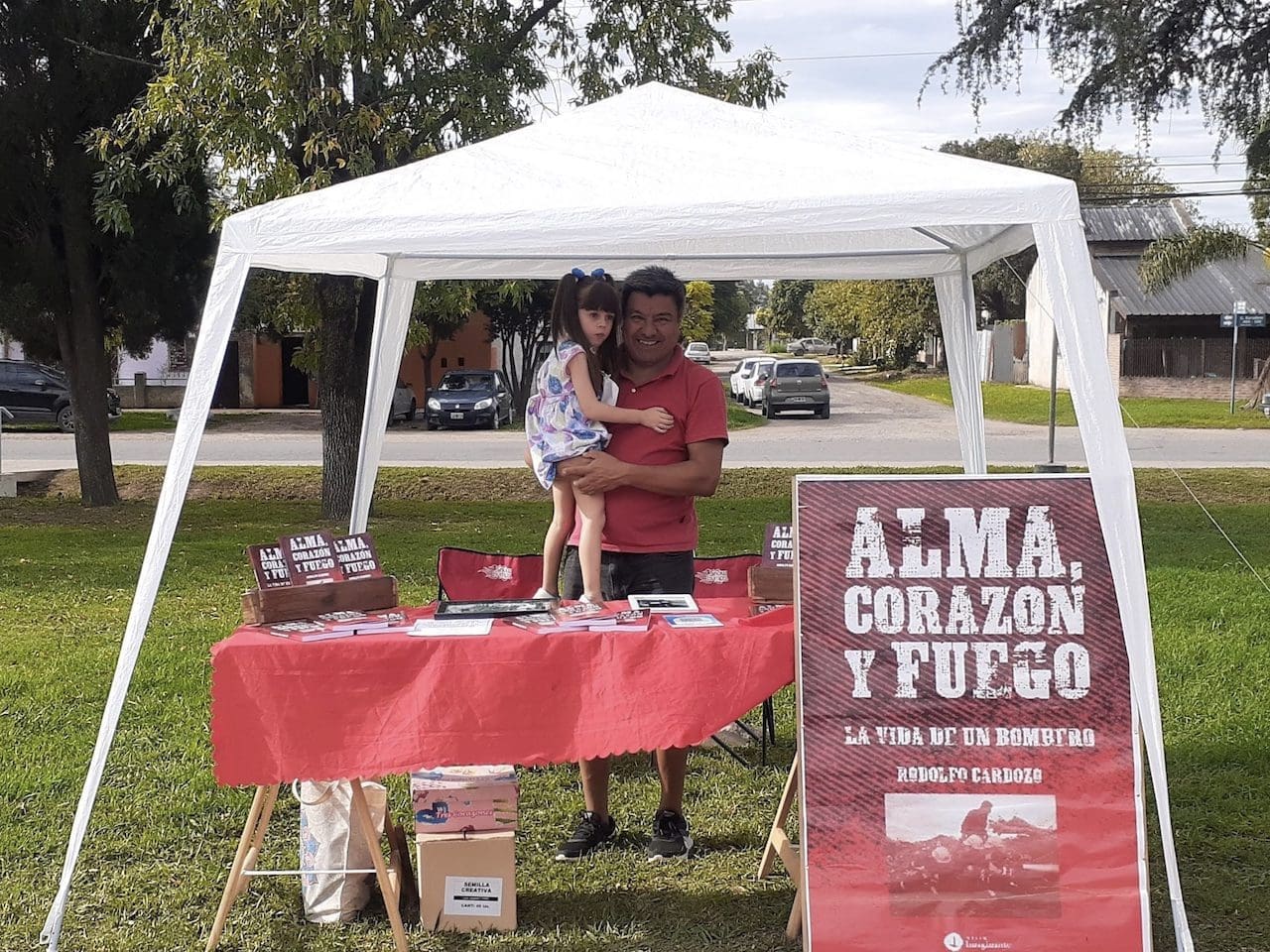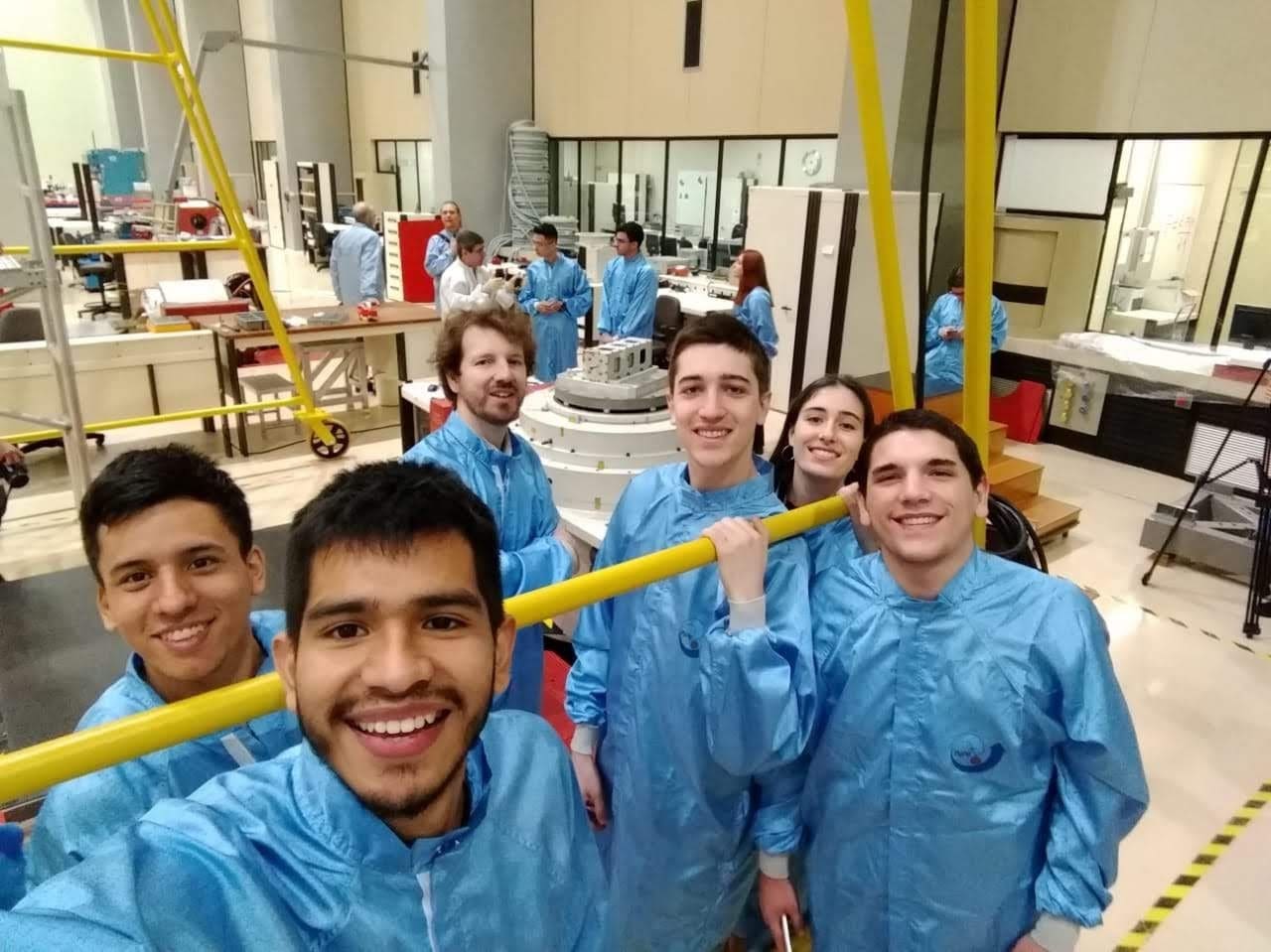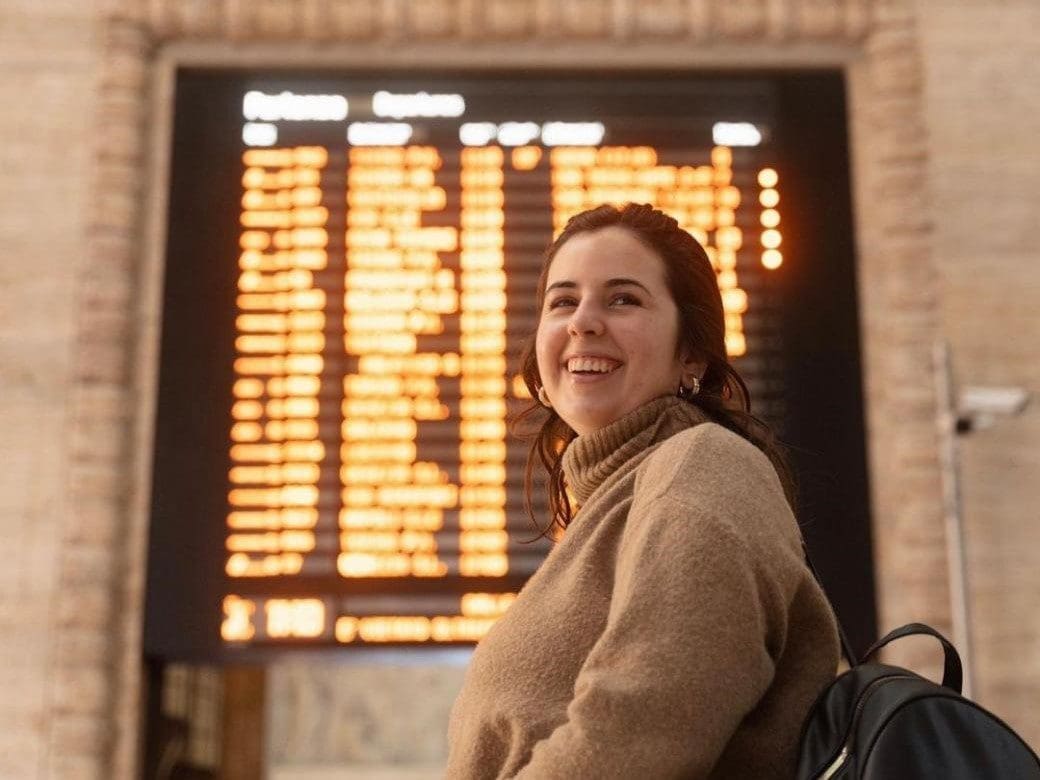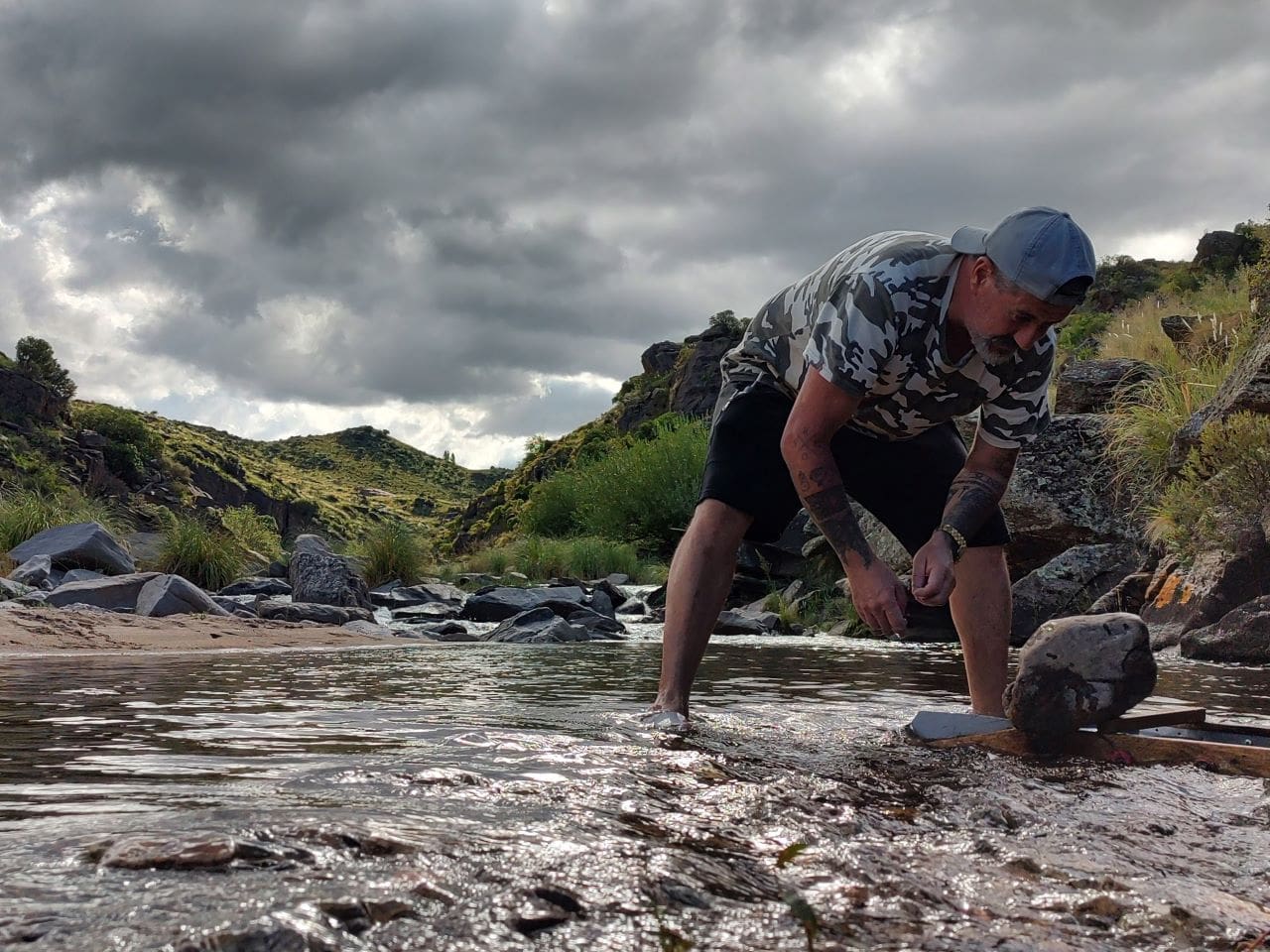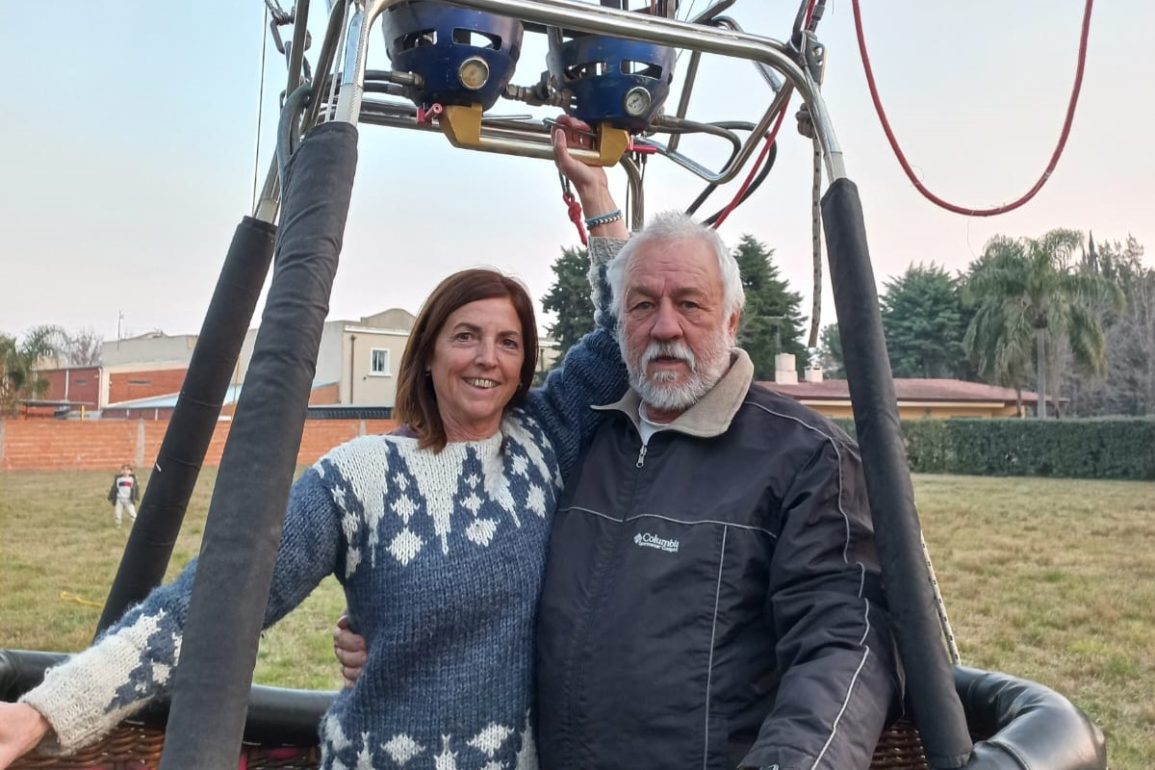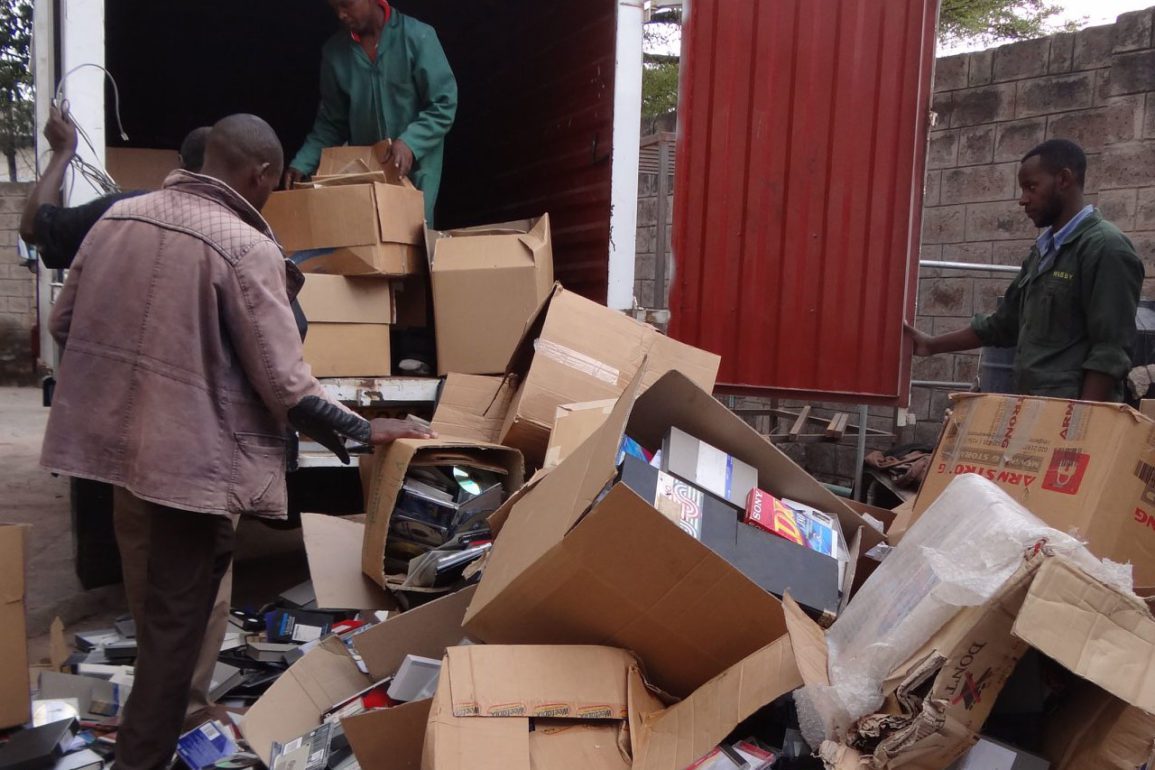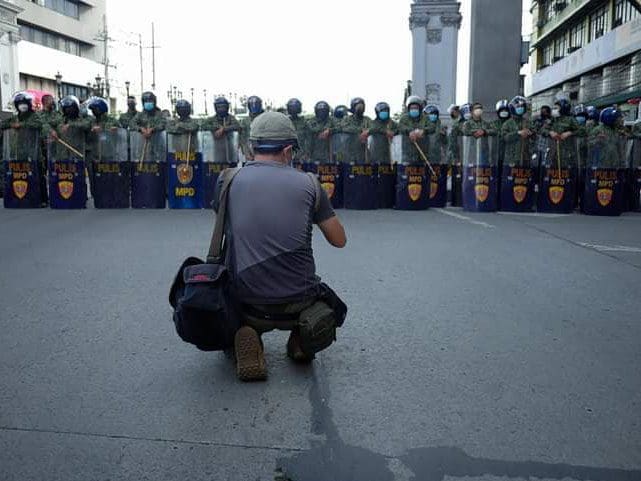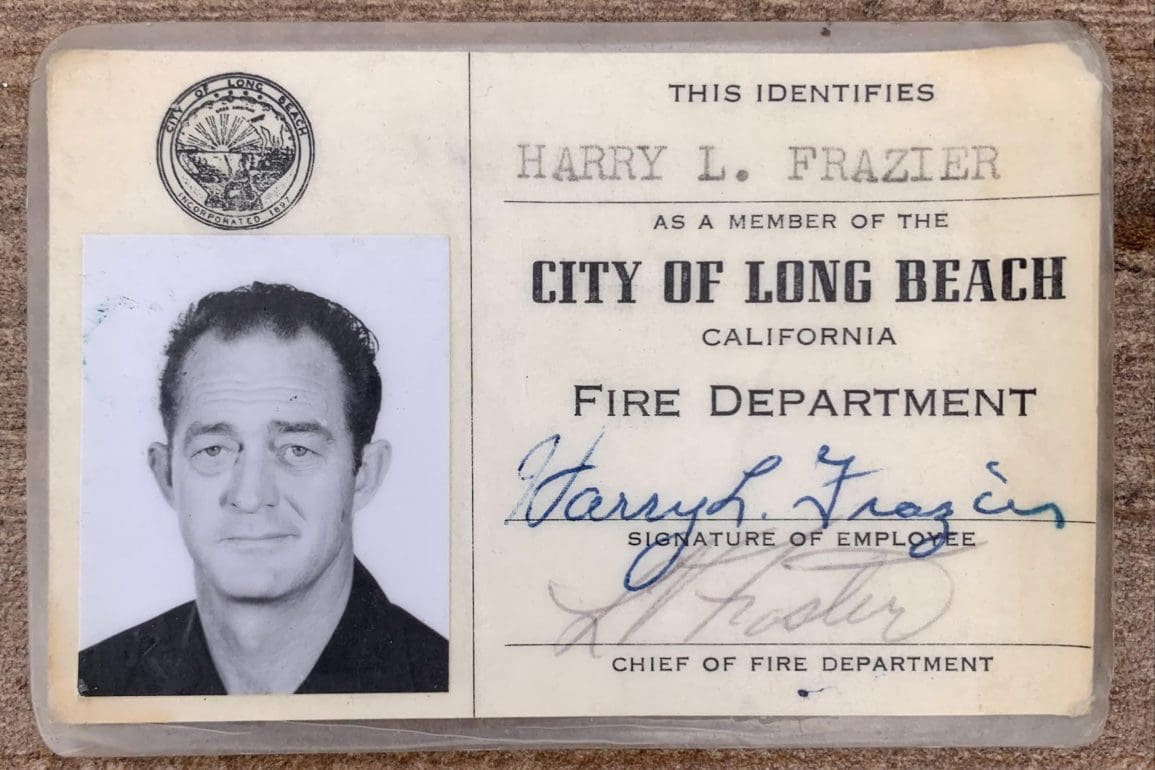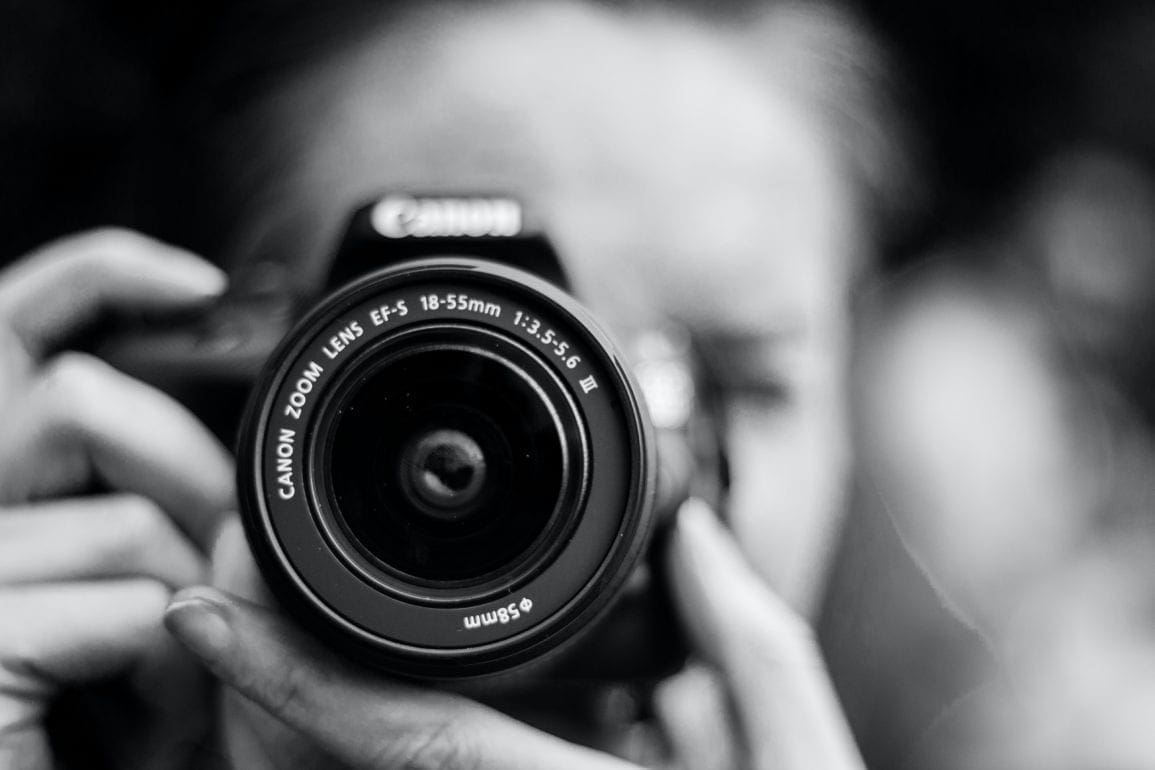It’s International Dog Day: Meet Kira the therapy dog working with sick kids
The moment a child hears Kira’s little paws patting down the hospital corridors, they light up.
- 2 years ago
August 25, 2023

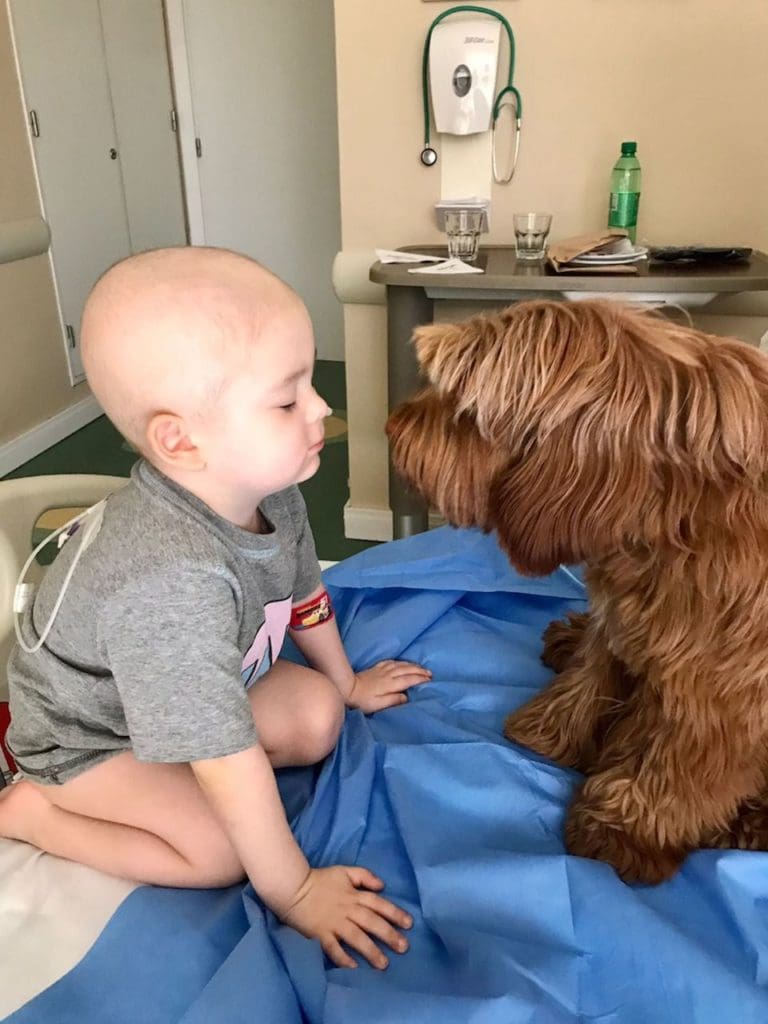

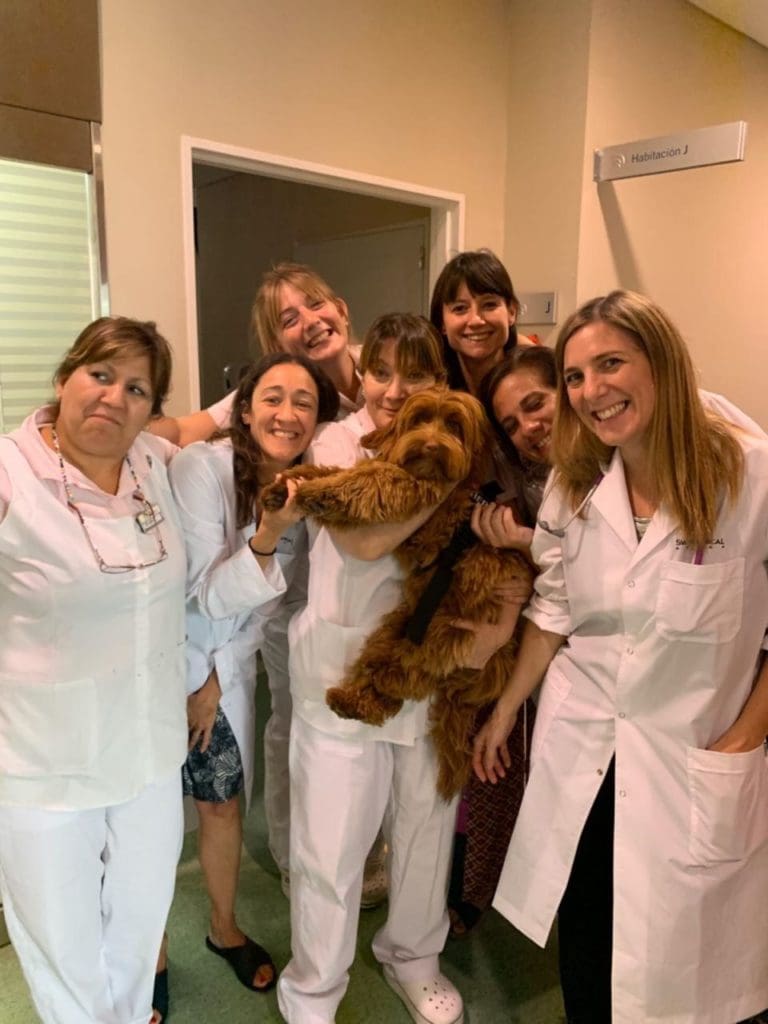



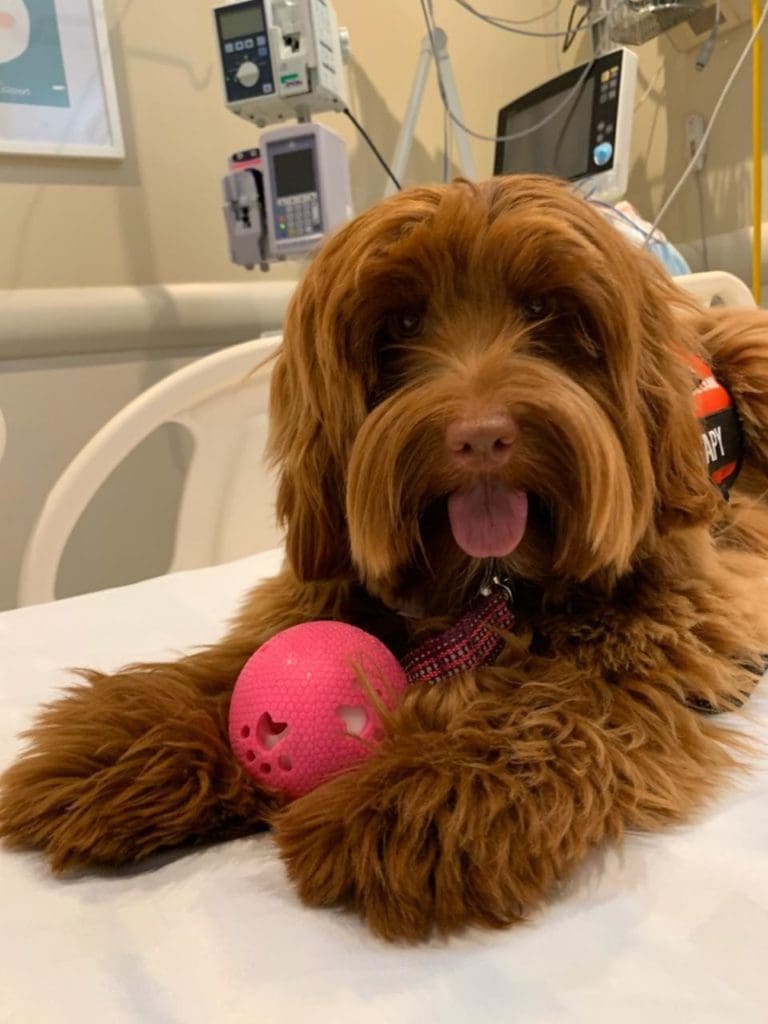
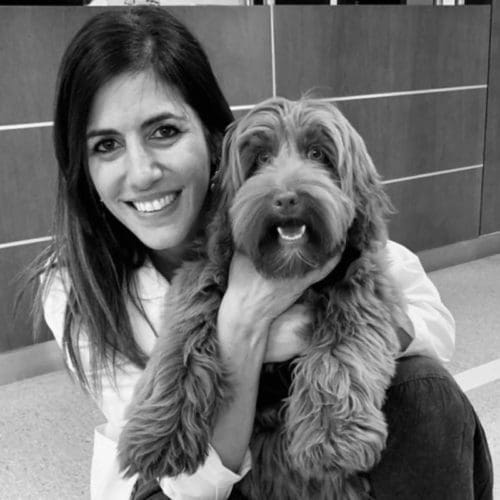
BUENOS AIRES, Argentina — Kira, an Australian Labradoodle, has trained in animal assisted therapy from puppyhood. In 2019, I began guiding her in working with pediatric patients in treatment or in recovery at Swiss Medical. I immediately felt connected to Kira.
She is like a mediator, helping calm patients during tough parts of their treatments. Sick children often become scared, nervous, and reluctant to take their medication. As a therapy dog, Kira helps. Before most treatments, I knock on the child’s door and ask for permission to enter. As soon as they give us the okay, Kira and I walk in and sit on the edge of the bed.
Read more stories from Argentina at Orato World Media
Therapy dog’s presence changes everything: Kira becomes a symbol of pure joy
The moment the children spot Kira, they instantly feel calmer and lighter. Nothing beats seeing a smile appear on the kids’ faces as Kira approaches them. The atmosphere becomes instantly comforting. Ever since we added Kira to the team, we’ve noticed a big improvement in patients’ overall mood and health.
My personal bond with Kira is powerful too. She came to live with me and my children at just 75 days old. At home, Kira is an incredibly playful dog, but as soon as I strap on her work vest, she transforms completely.
Born in a special environment called a SPAL cattery, Kira underwent early monitoring, stimulation, and socialization to determine if she could be a therapy dog. Experts saw something special in her from her first week.
Therapy dogs not only help patients, they reduce staff burnout
Kira began training at five months old and continued for a period of eight months. She became familiar with medical environments, noises, smells, and learned specific commands to perform specific actions. Her temperament remains balanced and docile, ideal for this type of therapy. She allows herself to be hugged, combed, caressed, and even given injections without needles. The moment a child hears Kira’s little paws patting down the hospital corridors, they light up.
Many children express their excitement at Kira’s next visit. I feel fortunate to witness it. The patients welcome her with drawings and small gifts they fashion themselves. Her presence goes beyond medical practice: she changes the work environment completely. With Kira around, we are all less inclined to feel burned out. Every time one of us starts to feel down, we immediately turn to Kira for comfort. We play with her, pet her, and our mood instantly lifts. I feel so proud of the work we do and the wonderful patients we get to see every day. In my opinion, every place should have a Kira.





